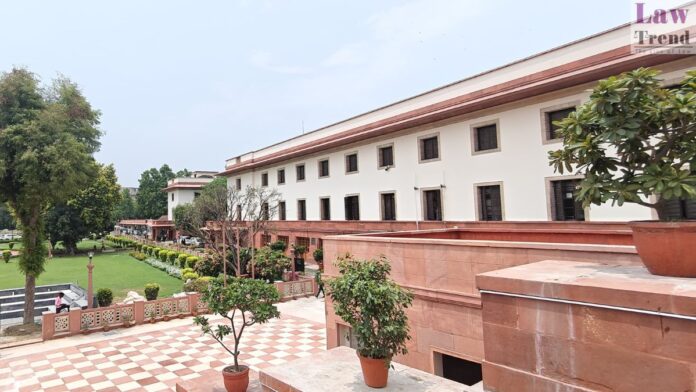In a pivotal judgment, the Supreme Court of India emphasized the importance of separating truth from falsehood in criminal cases, ruling that a conviction cannot be sustained when such separation becomes impossible. Delivering its verdict on Saheb s/o Maroti Bhumre vs. The State of Maharashtra on September 18, 2024, the Court acquitted two men who
To Read More Please Subscribe to VIP Membership for Unlimited Access to All the Articles, Download Available Copies of Judgments/Order, Acess to Central/State Bare Acts, Advertisement Free Content, Access to More than 4000 Legal Drafts( Readymade Editable Formats of Suits, Petitions, Writs, Legal Notices, Divorce Petitions, 138 Notices, Bail Applications etc.) in Hindi and English.




